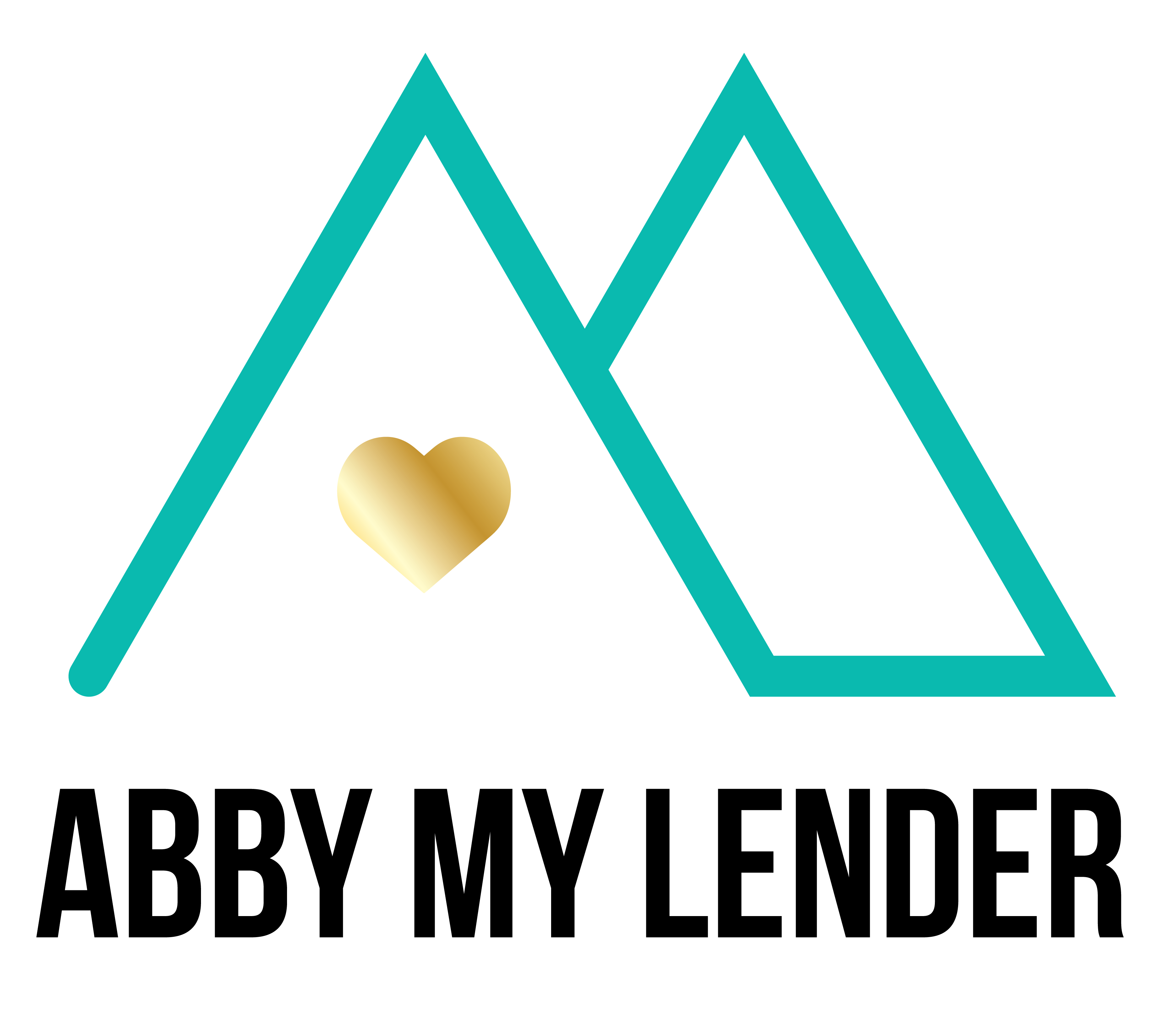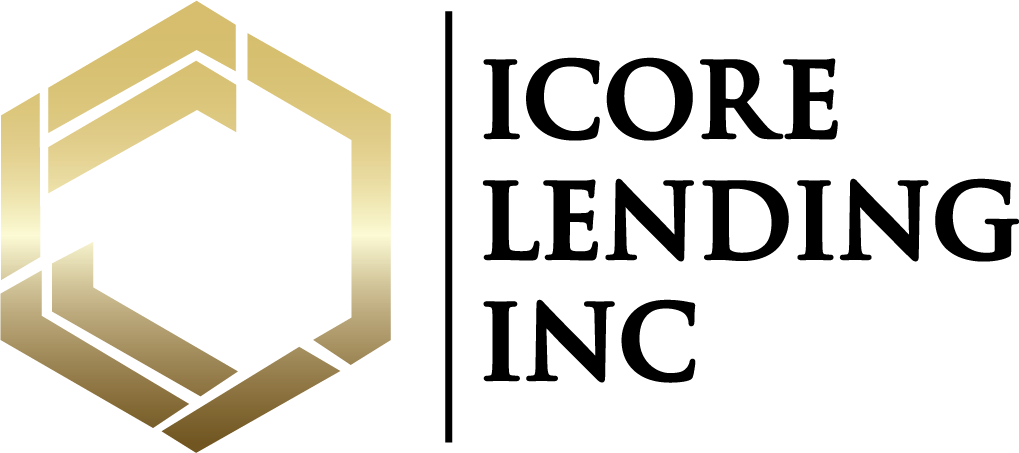
Refinance
What does it mean to Refinance?
When you refinance your loan it means you’re taking out a new loan to pay off the previous one, usually this is with new terms that suit you better. Refinancing is great for getting a handle on your finances by securing a more manageable interest rate and bringing down your payments. By refinancing to a better interest rate and shorter payoff time, more of your monthly payment will go towards the principal, not the interest.
Cash-out Refinance:
Many borrower’s will opt for a cash-out refinance. This is where they take out a loan for a larger amount that what they owe and keep the difference, often to pay off other loans such as high interest credit cards, make home improvements, or a child’s college education. Replacing high-interest debt with a low-interest mortgage is a good idea. Unfortunately, refinancing does not bring automatic financial prudence. Take this step only if you are convinced you can resist the temptation to spend once the refinancing relieves you from debt. Lenders typically limit cash-out refinances to no more than 80 percent of your home’s value so that you still have some equity left in your home.
Streamline Refinance:
Streamline refinance is a product specifically for FHA-insured mortgages. There a several advantages to a streamline refinance. There are minimal credit requirements and the loan process is typically fast because appraisals aren’t required. There is also minimal income and asset verification requirements. A streamline refinance can also be less expensive than a conventional or regular refinance.
Basic requirements of a Streamline Refinance include:
- Must be an FHA mortgage
- Must have made a minimum of 6 mortgage payments since mortgage was issued
- All mortgage payments must be up to date
- The refinance must be a “net tangible benefit” to the borrower (i.e. save the borrower money).
- Borrowers can’t get more than $500 out of the mortgage that will be refinance
Ready to Get Started?
Your first home is a big purchase—maybe even the biggest one you’ll have ever made up to this point in your life! Because of that, you don’t want to risk messing this up. A real estate professional will take the weight off your shoulders by helping you to find a home, negotiate a deal, and see the process through until closing.



